Top Tips for Feeding the Competition Horse
Whether you’re a seasoned competitor or preparing for your first unaffiliated show, good nutrition helps to support optimum health and performance. Here’s a few tips to help you unlock your horse’s potential…
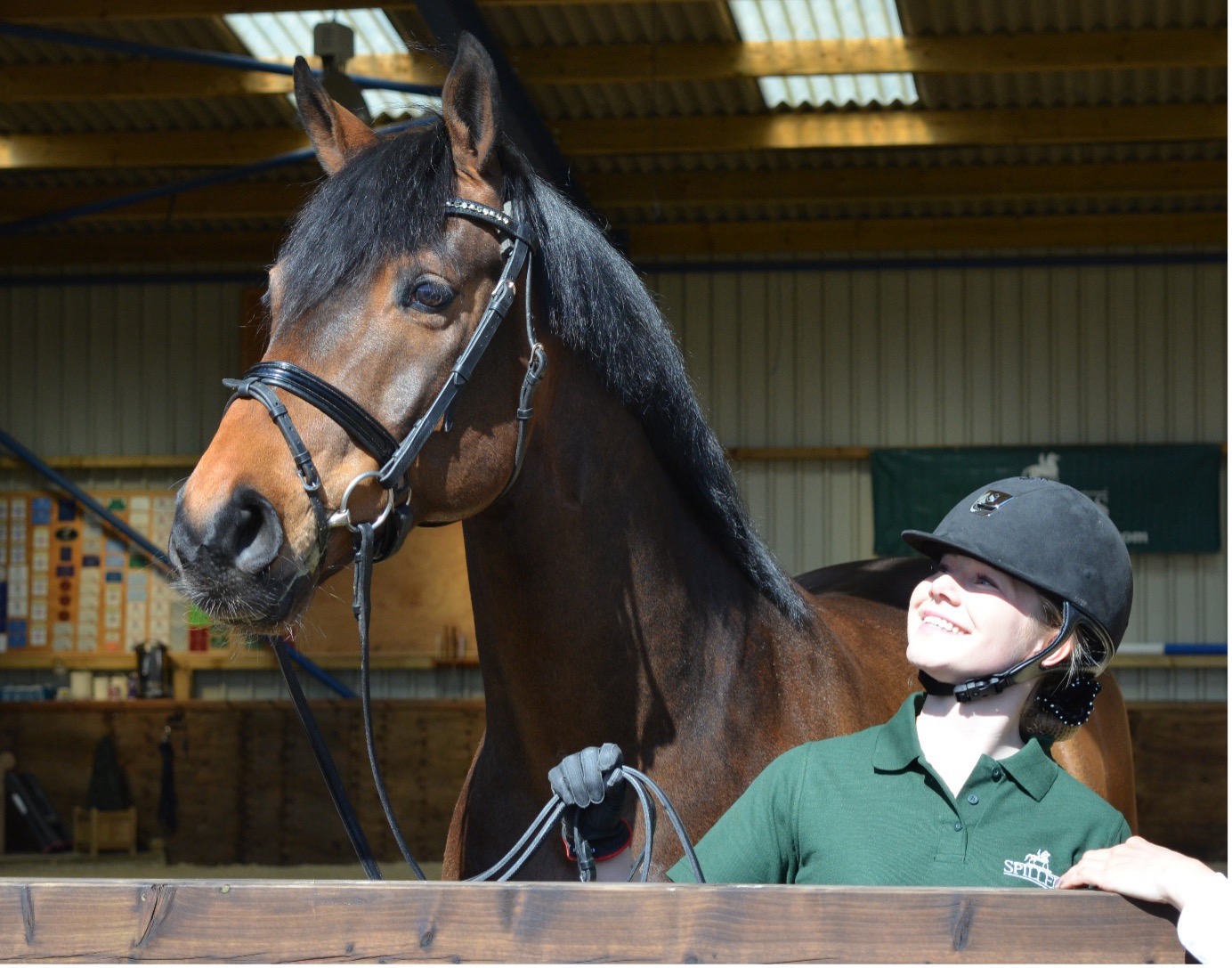
Don’t underestimate the importance of forage
No ground breaking news but a reminder that forage should be the foundation of every horse’s diet and the performance horse is no exception. As well as being essential for digestive health and mental well-being, forage makes a significant contribution towards total daily energy intake.
- Ideally feed as much forage as your horse will eat, while being mindful of excess waste.
- Total forage intake should not be restricted to less than 1.5% of current bodyweight on a dry matter basis – on average this equates to approximately 9kg of hay (11kg if you intend to soak it for 1 hour or more before feeding) or 11-12kg of haylage on ‘as fed’ basis (the amount you need to weigh out) for a 500kg horse without grazing.
- Feeding small amounts of forage or short chopped fibre prior to exercise helps to prevent ‘gastric splashing’.
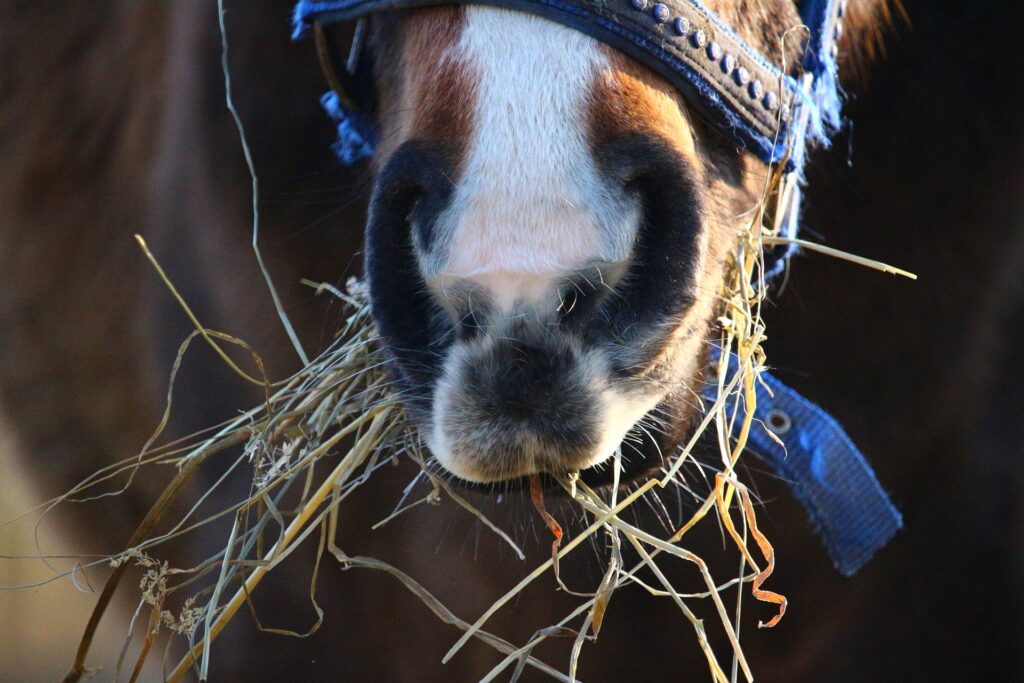
Every horse is an individual
Regardless of your chosen discipline, the amount of energy (calories) in your horse’s diet should be adjusted according to their body condition. Balancers are ideal for supplying essential vitamins, minerals and amino acids (quality protein) to horses who maintain their condition well on minimal amounts of hard feed. The small feeding rate and density of nutrients in their recipes means balancers supply few calories but still ensure a nutritionally balanced diet. Some good doers can maintain weight easily on forage alone even when working relatively hard!
Is a balancer right for your horse?
Discover how balancers provide essential nutrition without excess calories.
→ Read: Does my horse need a balancer?
Choose energy sources wisely
For horses who need more than ‘just a balancer’ to maintain their weight, then choosing the source of energy the feed supplies is important. More laidback horses may benefit from feeds such as SPILLERS Performance Mix which contains some cereal to supply more sparkle. Those prone to excitability could be better suited to SPILLERS Stamina+ Cubes, these supply the same amount of energy but from fibre and oil so reduce the risk of sharp or spooky behaviour. Always consider your horse’s temperament and clinical history.
Managing sharp behaviour through nutrition
Learn how fibre- and oil-based diets can help support calmer performance.
→ Read: Feeding for Excitability
For those who lack enough ridden energy, no matter how fit you have them, it could be worth trying SPILLERS Instant Energy supplement. This unique recipe aims to create a more energetic response from the more laid-back horse or pony. With added B-vitamins, which play an essential role in energy metabolism, and ‘feel good’ herb ginseng among ingredients to strategically support energy production without creating spookiness or adding unwanted calories or starch.
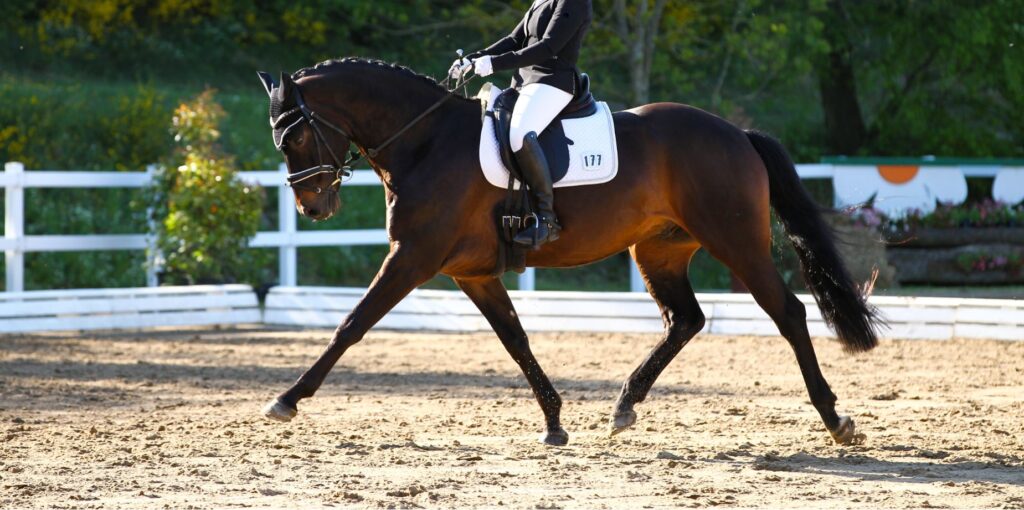
Consider digestive health
Providing a diet low in cereal starch (and sugar) plays a key role in managing horses prone to conditions such as gastric ulcers. With gastric ulcers thought to affect approximately 60% of competition horses, it’s no surprise many owners worry about gastric ulcers. Adding a supplement such as SPILLERS Ulca Ease could be a useful tool in your feed room for supporting your horse’s gastric health. With ingredients to help maintain a healthy pH in the stomach, as well as support the delicate mucosal lining of the stomach and the mucus that lines the digestive tract this super supplement could be just the support your horse needs.
Gastric ulcer management guide
Understand risk factors, feeding strategies and support options.
→ Read: Feeding Horses Prone to Gastric Ulcers
Feed alone does not build muscle
The same is true for people – no matter how much lean meat you consume or how many protein shakes you drink, building muscle requires a considered gym effort (or lots of work around the yard!). That said, an appropriate diet provides the nutritional building blocks so it’s important to ensure your horse maintains a healthy body condition and receives suitable amounts of quality protein, particularly the essential amino acid lysine. It’s also impossible to turn fat into muscle so don’t allow your horse to gain excess weight in an attempt to build muscle or ‘topline’.
Creating a Winning Topline
Topline development isn’t just about protein intake — it requires the right balance of quality amino acids, correct body condition and a structured exercise programme to support lean muscle growth.
→ Read: Create That Winning Topline
Feeding before exercise
The amount of time you need to leave between feeding and riding will depend on what you feed and how hard your horse will be working. Cereal based meals should not be given in the 3 hours before intense exercise but feeding small amounts of forage or shopped fibre fed before riding helps to prevent gastric splashing.
Feeding after exercise
Appropriate feeding (and watering) post exercise helps to replace energy, water and electrolyte losses and provides amino acids to support muscle repair. Small amounts of forage can be offered immediately after exercise but ‘bucket feed’, particularly cereal based feed, should be withheld until the horse has cooled down fully and their respiration rate has returned to normal. Cereal based feeds should be reduced for horses having a few days rest. as a guide by half from the evening before to the evening after. High fibre, low starch feeds are less of a concern, even if they are high in energy although a gradual transition to a lower energy feed may be necessary for longer periods of rest or reduced work.
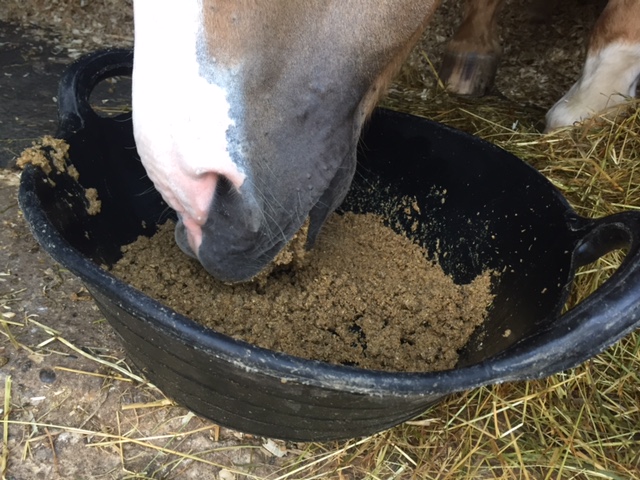
Avoid sudden or frequent changes
Some changes in diet may be inevitable, particularly for horses travelling abroad but frequent or sudden changes in feed and forage increase the risk of conditions such as colic and should be avoided as far as possible. Feeding for optimum performance and recovery begins long before the day of competition. In some cases, horses work harder during training than on the day of competition but regardless of whether or not this is the case, establishing an appropriate diet beforehand and resisting the temptation to make changes immediately before or after an event is key.
Water – the overlooked element of the diet
Dehydration can lead to poor performance and comes with a number of health risks. Allow horses to drink immediately after exercise – don’t withhold water as this may delay re-hydration which poses a number of health risks and may impair performance in those competing again following day. During high intensity exercise, horses rely heavily on muscle glycogen (stored glucose) for energy metabolism. Although it takes up to 72 hours for glycogen stores to be fully restored, replenishment will be slower in dehydrated horses.
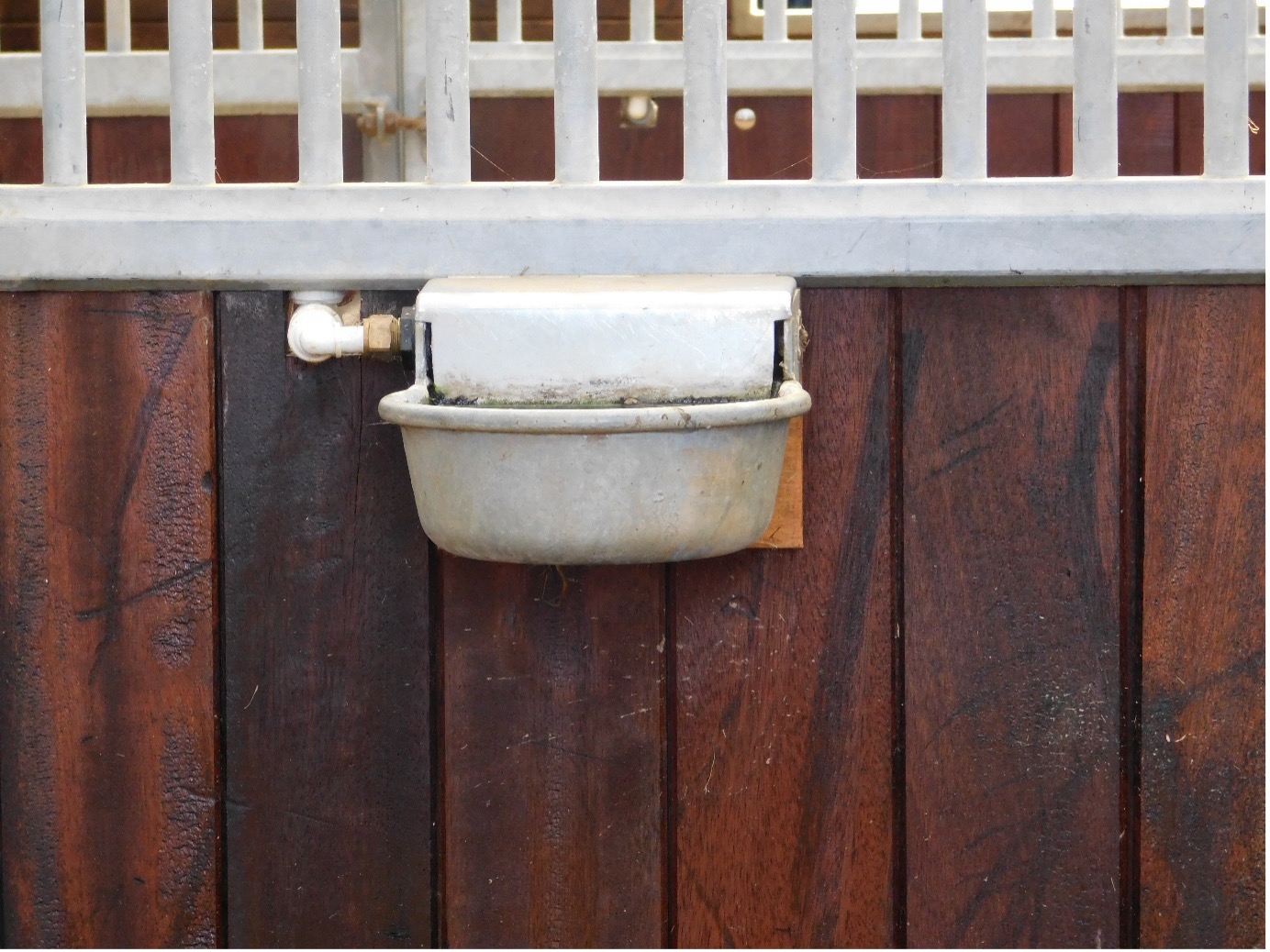
Mashes for rehydration
The use of mashes after harder training sessions or competition has become increasingly popular. SPILLERS Perform & Restore Mash’s clever high fibre recipe contains added BCAA’s (branch chain amino acids) to help with muscle recovery and repair as well as electrolytes to help assist hydration. It’s important to remember that feeding small amounts of this doesn’t replace electrolytes but the tempting apple aroma can encourage your horse take on more water whilst supplying these additional benefits.
Electrolytes
A lack or imbalance of electrolytes may lead to conditions such as heat stress, fatigue and synchronous diaphragmatic flutter (thumps), as well as some cases of tying-up. Electrolyte losses are linked to sweat loss – the more your horse sweats the more electrolytes they lose. Horses sweating regularly are likely to need some form of electrolyte replacement and in the majority of cases, salt (the same salt you put on your chips) is an effective and cost-effective solution.
Electrolytes: what, when and how much?
Understand sweat losses and correct electrolyte replacement strategies.
→ Read: Sale made simple
Supplement safety
More does not always equal better and is certainly true for vitamins and minerals, some of which can be harmful if over-supplied. Iron, selenium and iodine are of particular concern because they can be harmful in relatively small amounts and over-feeding supplements is the easiest way to come unstuck. Speak to a nutrition specialist for more advice.
Be NOPS savvy
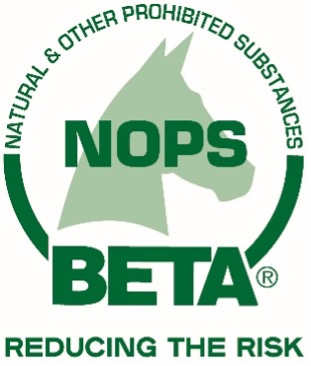
Any competition horse can be tested for prohibited substances at any time so make sure you know the rules about liability. Making sure all feeds and supplements are BETA® NOPS approved is a key part of reducing the risk of a positive test but it doesn’t stop there. Did you know that many human foods including tea and coffee, fizzy drinks, cakes, biscuits and sweets may contain naturally occurring prohibited substances (NOPS)? This means that eating or drinking in your horse’s stable or feed room could lead to a positive test! BETA® offers a number of free advice resources on how to reduce the risk in all areas of the horse’s management.
For more advice on feeding your competition horse contact the SPILLERS Care-Line.
